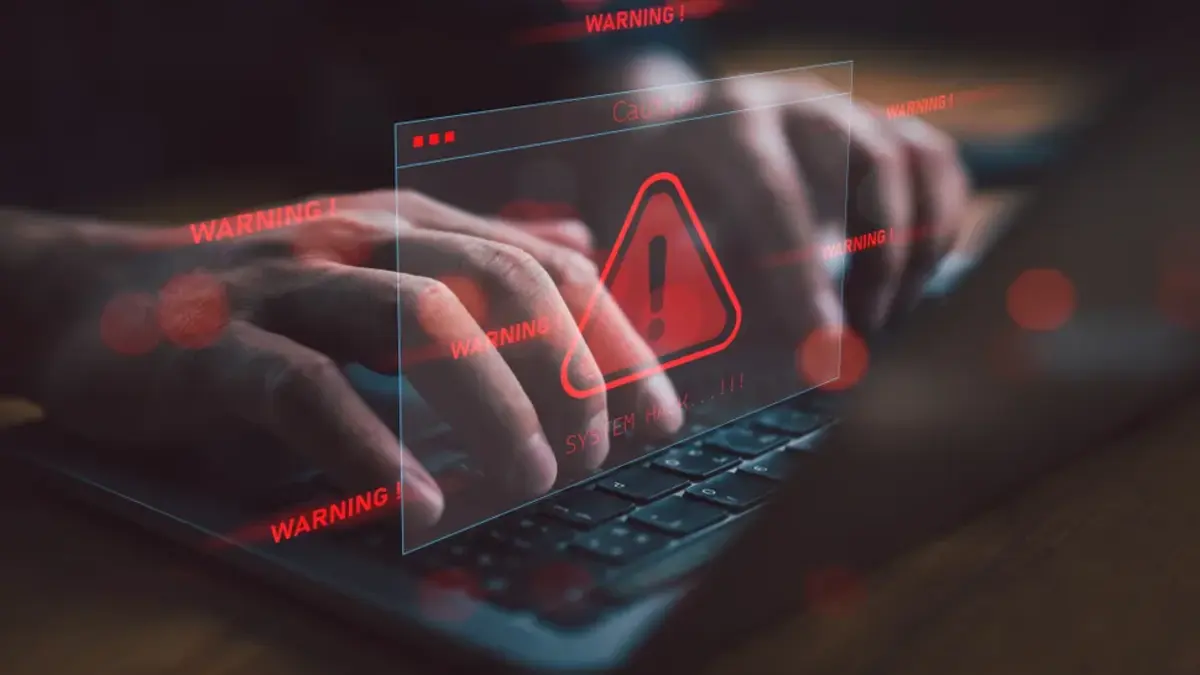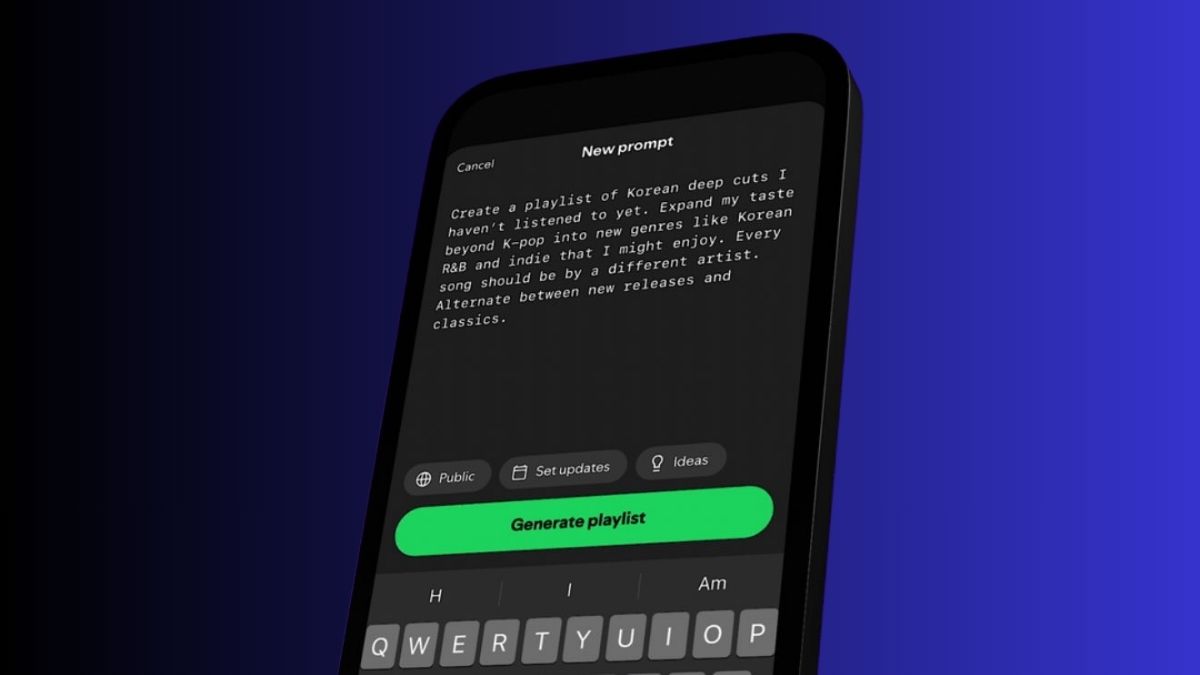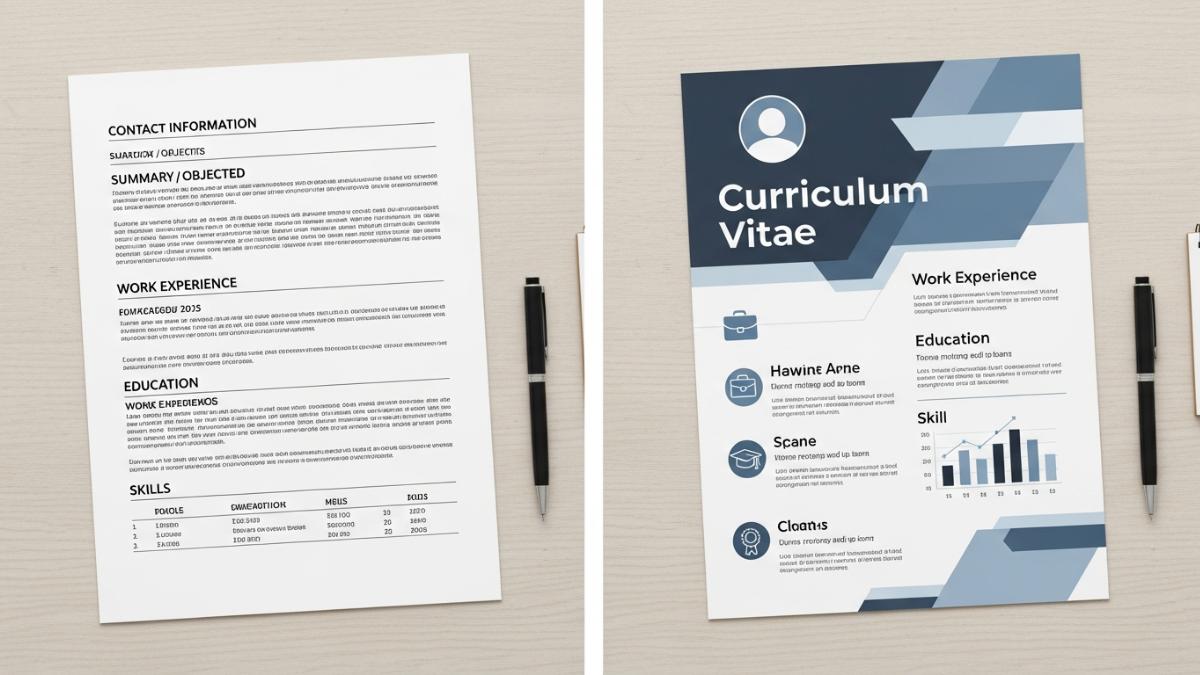A new study has found that artificial intelligence (AI) can guess passwords just by listening to the sound of typing on a keyboard. This raises serious concerns for streamers, remote workers, and anyone typing near a microphone.
How It Works
Researchers from Durham University, University of Surrey, and Royal Holloway trained an AI system to recognize what keys are being pressed by analyzing their sound. Every key makes a slightly different noise when pressed. The AI learned to match each sound with the correct key.
In tests, the AI achieved up to 95% accuracy using recordings from a smartphone microphone and 93% accuracy during Zoom calls. It could even guess typed passwords without seeing the screen.
Why This Is Dangerous
If you’re typing passwords or private messages during a live stream or video call, someone could record the sound and use AI to figure out what you typed. This type of attack is called an acoustic side-channel attack.
Built-in microphones in laptops, phones, or smart home devices can pick up these typing sounds. That means you could be at risk without even realizing it.
Who Is Most at Risk?
- Live streamers
- Remote workers
- Anyone using video conferencing platforms like Zoom, Skype, or Teams
If these users type passwords or sensitive info while the mic is on, they could unknowingly expose their data.
How to Stay Safe
Experts recommend the following steps:
- Mute your mic when typing passwords or sensitive data during calls
- Use biometric logins like fingerprint or face recognition
- Enable two-factor authentication (2FA)
- Use password managers to avoid typing passwords
- Create strong passwords using symbols, numbers, and mixed cases
- Type using both hands (ten-finger typing) to make sound patterns harder to detect
A Bigger Trend in Cybersecurity
This is just one example of how AI is changing cybersecurity threats. Hackers are now using AI for deepfakes, smart phishing, and even malware that learns how to avoid detection.
As AI becomes more advanced, users need to be more cautious and update their security habits to stay protected.














